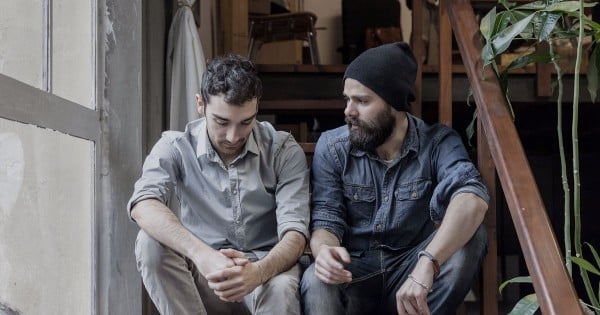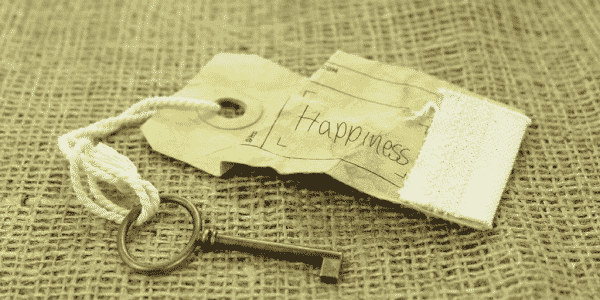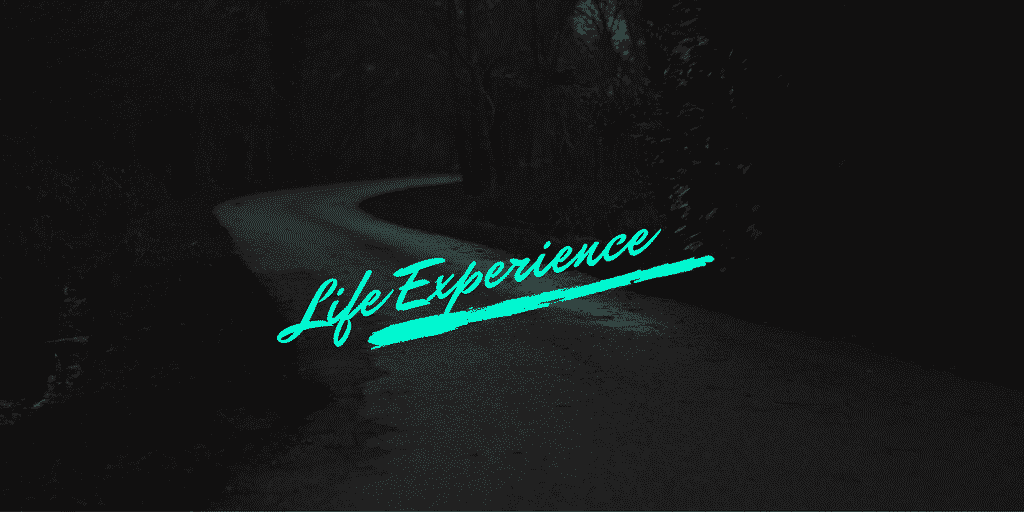
You likely learned The Golden Rule a young age. It’s still a powerful guide for life. But are you applying it to yourself as well as to others?
The Golden Rule is a beautiful guiding star. “All things whatsoever ye would that men should do to you, do ye even so to them.” Today, it has been simplified to “Do unto others as you would have them do you.”
We all know this rule. Yet too often, we ignore it. Not in the way you might think, though. We don’t neglect the needs of others or treat them as less-than. Rather, we know how we want to be treated; and so we give that away to friends and family, co-workers or strangers. Sadly, we don’t ensure that we ourselves actually get treated that way.
This shows up in two ways. First, we don’t stand up for ourselves. We rush to support a friend who’s being emotionally abused in a relationship or at work. Yes, we give to those in need. We stand up for the helpless. But when it comes to ourselves, we find reasons to accommodate. We don’t give ourselves the same permission to set boundaries or walk away. Even when we have realized we’re in the wrong. Or when we seek earnestly to change our behavior in deference to the Golden Rule. We still let others treat us in ways we’re trying to give up.

There is a second way in which we fail the Golden Rule. We don’t give ourselves the same treatment we would give others. Consider if a friend came crying to you about:
- a recent disappointment with a friend;
- a romantic failure;
- the loss of a job.
Your heart would bleed for them. In your conversations, you would offer comfort by assuring them it wasn’t their fault. You’d help find hope. Help them see how they’re showing up – and how they could choose differently. You would never put them down or punish them. Nor would you ever allow external situations to reflect on their core self.
How to Apply the Golden Rule to Your Own Life

The Golden Rule is a beautiful message. Everyone would be happier if they could take this approach more of the time. But it’s critical to recognize both sides of the coin. You deserve to be done unto yourself as you would do unto others. Perhaps the kindness needs to come from yourself. Maybe you need to make it clear to others what you expect.
Would it serve you to dive deeper into this topic? Can you see how giving yourself the same treatment and consideration you give to others is crucial to a happy and well-lived life? If so, the support and opportunities for growth offered by a community such as The Journey Training could sure help.
You’ve got a personal invitation to become the best version of yourself here. We’ll support you in learning how to do unto others and unto you in a way that creates more light in your own life and in the world. Just reach out to us today.

In my career in Land Surveying, which spans 37 years, I’ve learned a lot about the profession. To say I’ve reached the destination of knowing enough would be a stretch for sure, but to say I’ve learned a lot would be the truth.
In our lives, we learn a lot from our experience. I teach an experiential self-development program in Tulsa called The Journey Training which I helped create with some other incredible people. It helps people find out what they don’t know about their actions, lives and beliefs. To explain how it works, as a child you were probably told at one time or another, “Don’t touch that stovetop, it’s hot!” And many of you reading this “tested” that theory you were told to find out it was true, and never touched the hot stovetop again.
When you have an experience like that, the information moves from knowledge in our head to belief in our heart (or wisdom), and you never have to think much on the subject again – you just know the truth! In the training, we “remove the blinders” people have been wearing in their own lives that has been keeping them from what they really want. These unknown truths are the false beliefs we keep defending, but are often what holds us back from knowing the real truth, and in turn getting the outcome we truly want.
And then there were my car-wrecks. It took a rather large insurance bill to wake me up to the truth that a 17-year old boy with two wrecks on his record would cost me. I had to figure it out the hard way when it became rather hard and costly to keep driving because of that insurance bill. I have a 17-year old son today, and quite frankly, I give him as much information as I can – and I hope he has ears to hear!
Know it All
Unfortunately, you were burned if you touched the stove to test the theory (like I did) and it hurt. In our profession, experience is the best teacher. But to save on the cost of learning this way, learning from the experience of others can be a far cheaper, more valuable lesson to us!
I’ve heard many people say with dread, “The conference is coming up. Oh I do NOT want to sit through another one of those.” I remember my first Oklahoma Society of Land Surveyors Conference (OSLS). They were showcasing the latest pen plotters that were available. I remember watching it draw the plat and wondering the logic of why it drew the way that it did. It would begin drawing a word, then the arm would swing away just before finishing the word to draw some lines in the far corner of the plat. Then it would swing back to finish the letters of the word, swing away again, and then come back to dot the i.
Then my dad took me into the conference room and I sat through a 3-hour session about “River Surveys.” It was like a sermon in church to a 12-year-old (I was 12 years old) and I couldn’t keep focused on the speaker. But then a hand flew up in the front and the Surveyor asked a question while the other surveyors wriggled around in their chairs. I think the question was more of a trap for the speaker than inquisitive, and the speaker quickly corrected the Surveyor and perhaps embarrassed him. It seemed the Surveyor asking the question had been doing these surveys wrong his entire life and never realized it. The embarrassment he felt was probably a God-send to the other surveyors in the room who had been making the same mistakes, or had never done a River Survey. His experience, although quite embarrassing, was very valuable to the entire room.
Over the years, I’ve heard many questions in the OSLS Conference classes, and I’ve learned from every one. I’ve learned what I’ve been doing right, and on occasion, what I may have been doing wrong. Both were valuable to me as affirmation or correction, and sometimes just opening my eyes to what I don’t know. Like I say in The Journey Training, “You DON’T KNOW what you DON’T KNOW.” Sometimes it takes experience to find out what that is, but the more we develop ourselves by learning from the experience of others, the more we will create value in our lives without it costing us dearly. And to this day, I’m still learning how smart my dad was. As a man told me on a plane once when he heard I had a young son, “The older he gets, the smarter you’ll be.”
Ask yourself the questions
Let me finish with a story of a woman and her daughter. As the woman was cooking the ham, she took a cleaver and chopped off the bone of the ham before putting in her rather large pot. Her daughter asked, “Mom, why do you chop the bone off the ham before cooking it?”
She answered, “I don’t know, my mother always did, so I do it too.”
Her curiosity got the best of her, so she called her mother and asked, “Mom, why did you always chop the bone off the ham before cooking it?”
Her mother answered, “Because I didn’t have a pot big enough to put the whole ham in.”
Sometimes the question we need to ask ourselves is why we are doing what we do. Sometimes, learning why we do what we do can cause us to change, and in turn do things better. The ignorance of just following suit without knowing the reasons can be more damaging than not knowing how to do something in the first place. At least then we seek to learn how to do it right. Now, that kind of experience is something that can benefit us all!
If you want to find out why you do what you do, please join us for the next Journey Training. I hope to see you soon!








